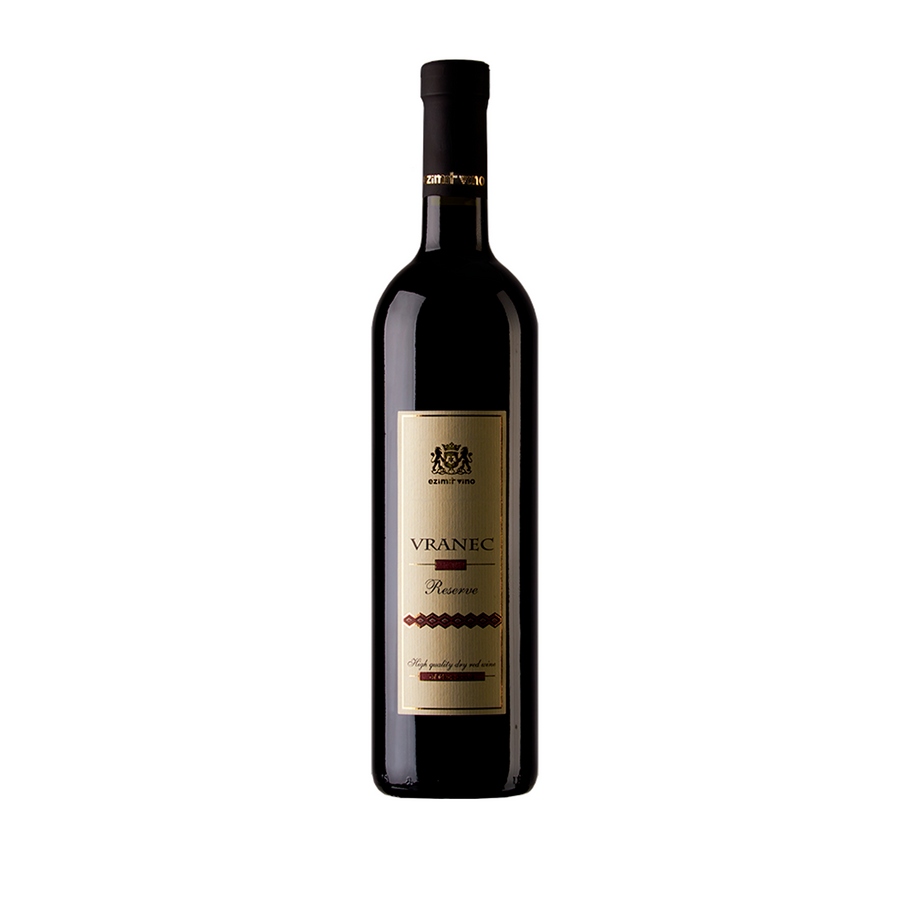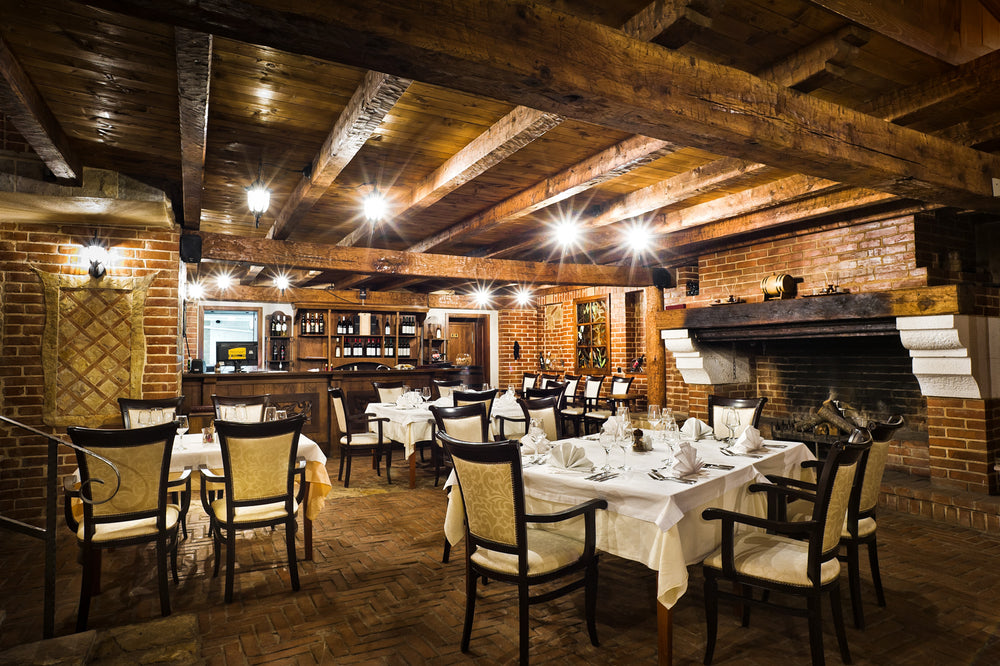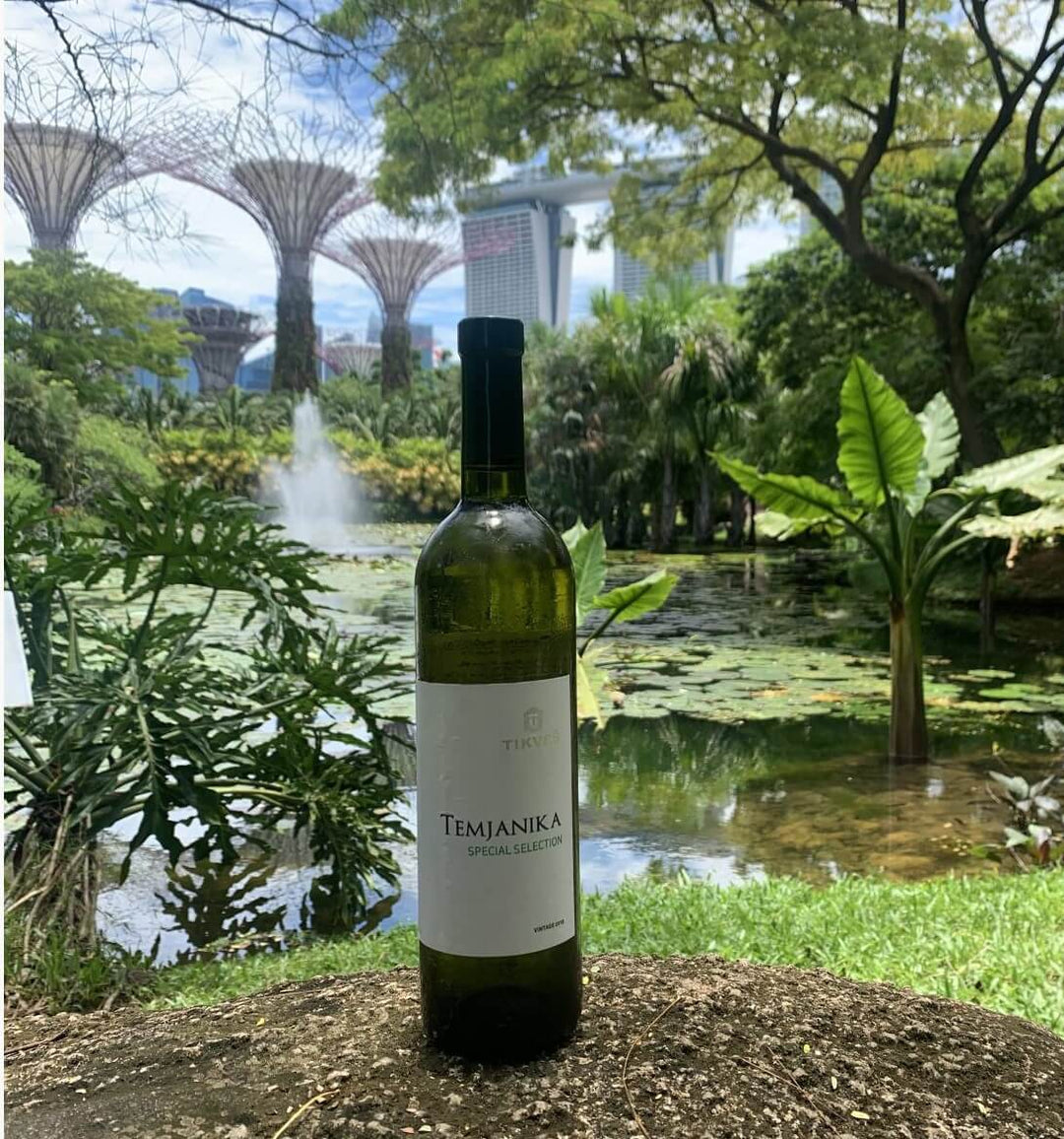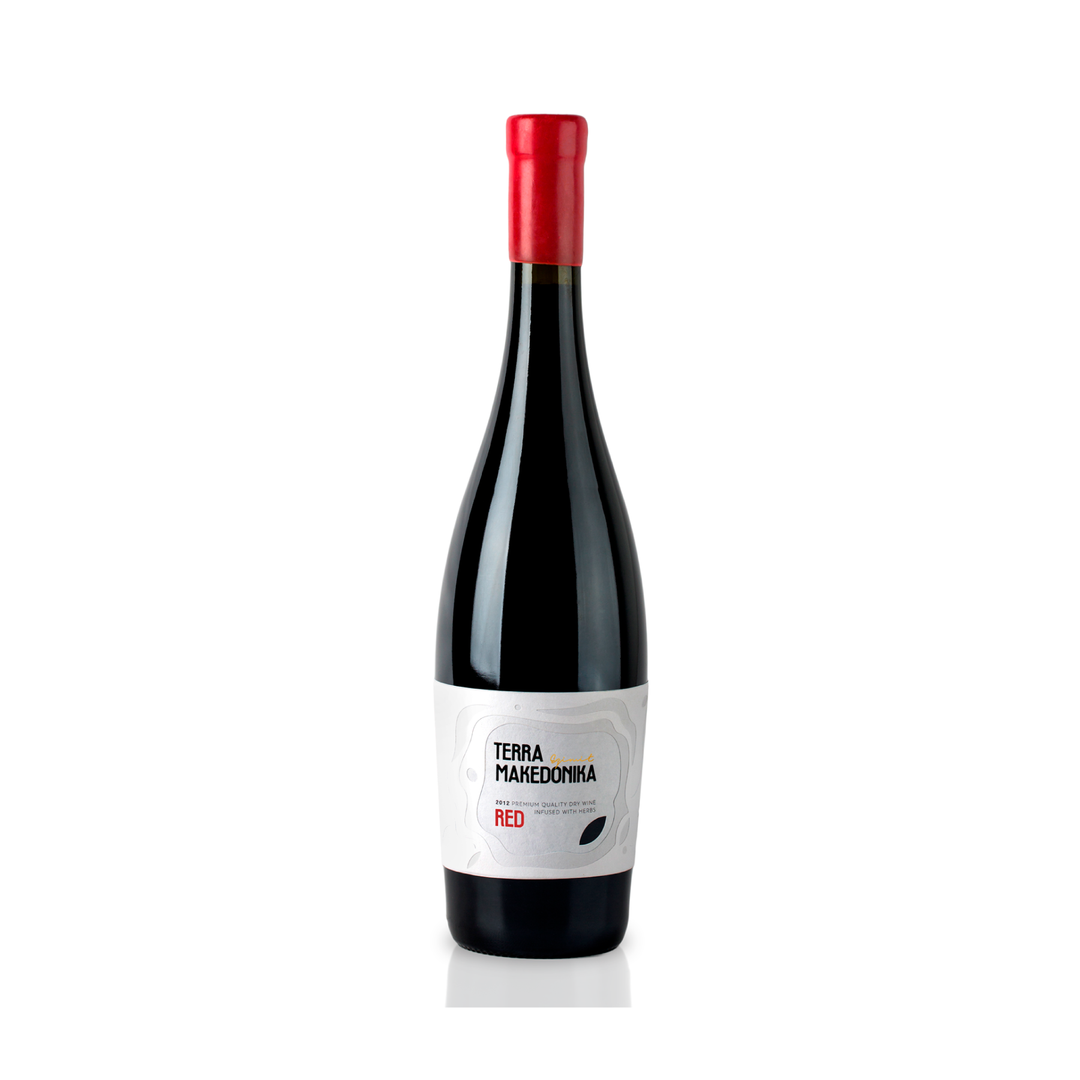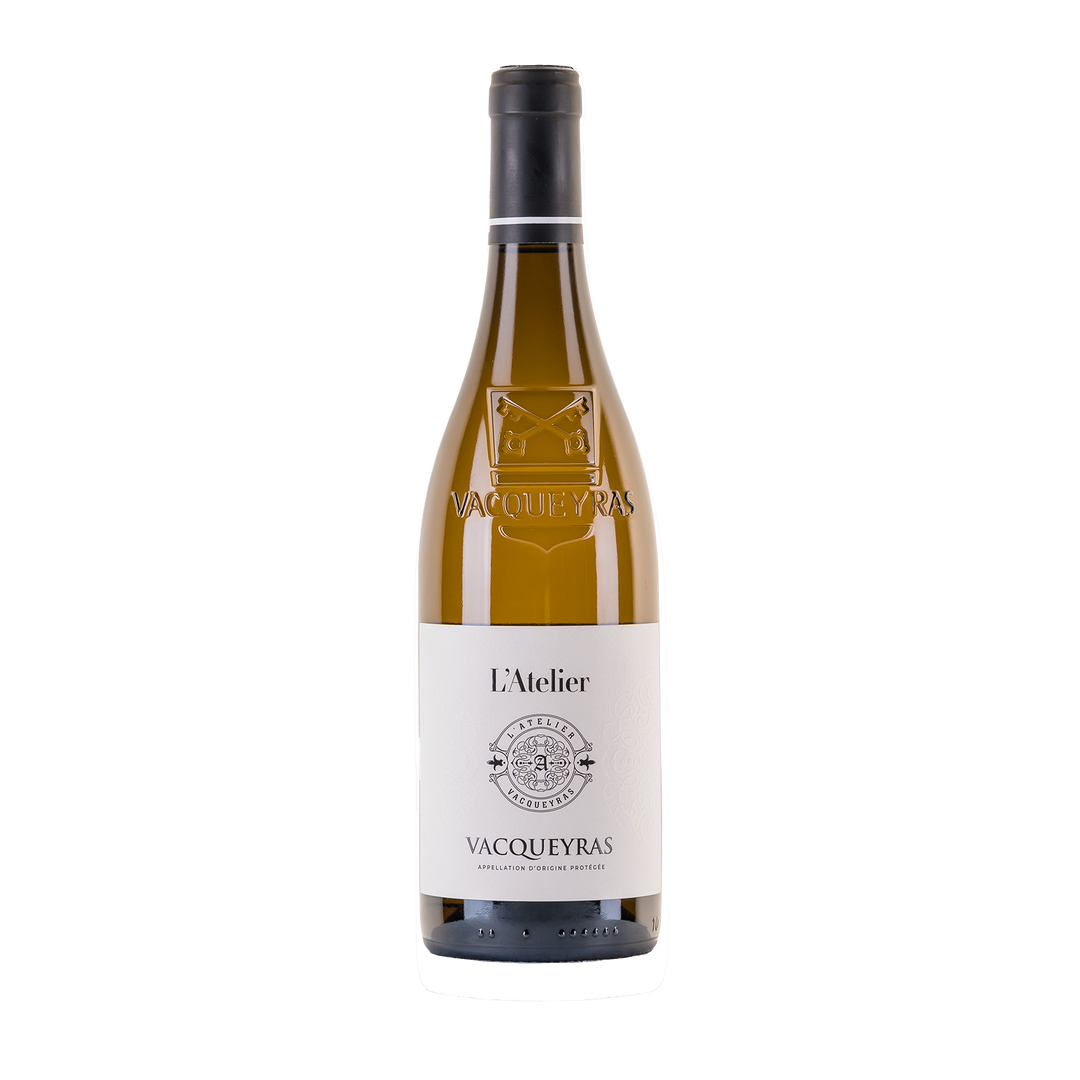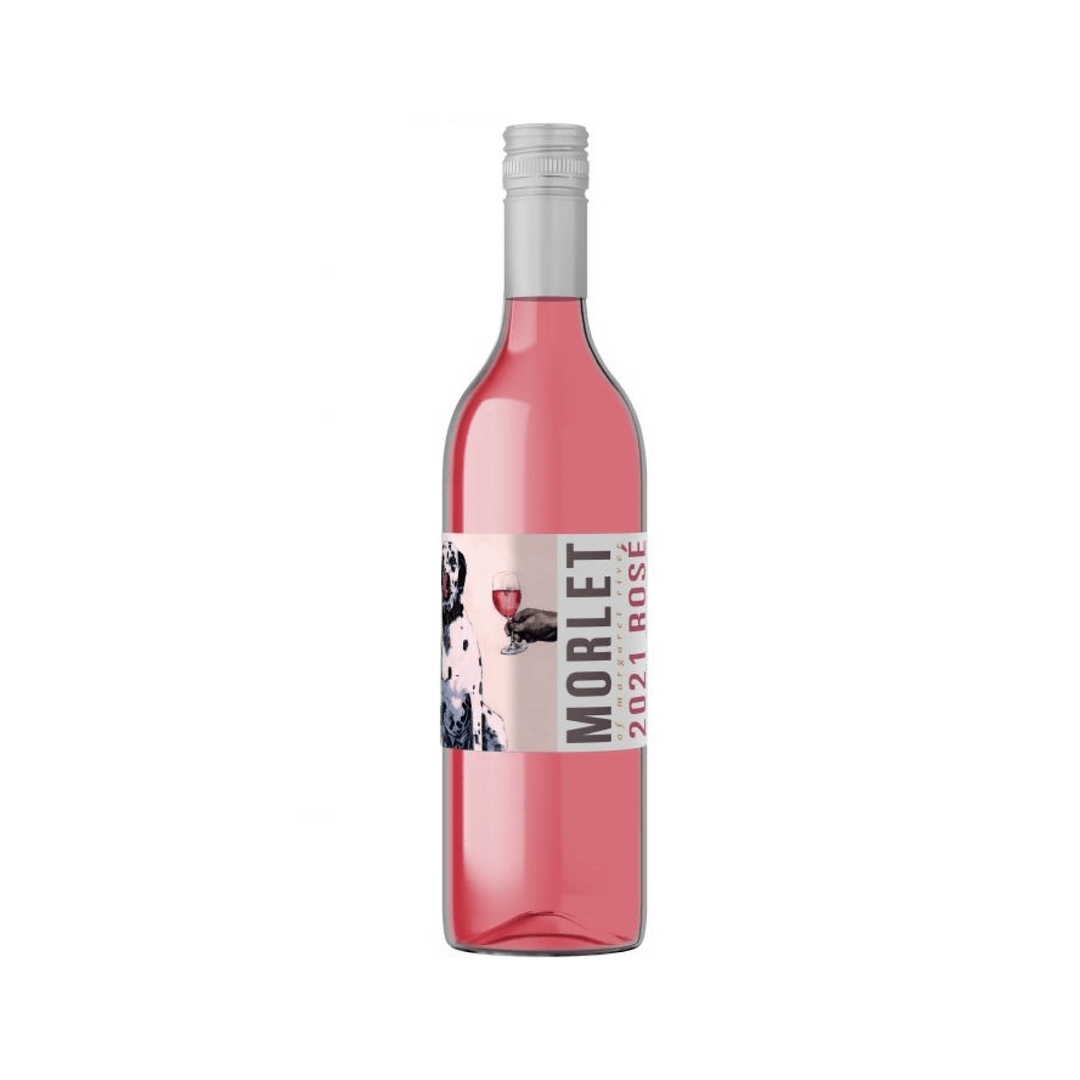Biodynamic viticulture in North Macedonia
Biodynamic viticulture is a method of organic farming that emphasizes the holistic development and interrelationships of the soil, plants and animals as a self-sustaining ecosystem. It is based on the spiritual/energetic principles of Rudolf Steiner, who developed the approach in 1924.
History
The North Macedonian biodynamic movement began in the early 1990s, when a group of farmers started experimenting with the methods. Today, there are about 15 biodynamic farms in the country, producing wines, fruits, vegetables and grains.

The biodynamic approach to viticulture is based on the belief that the health of the vineyard ecosystem is essential for producing high-quality grapes. So, farmers use organic methods to promote biodiversity and balance in the vineyard. This includes using preparations made from crushed rocks, herbs and manure to encourage microbial activity in the soil and promote plant health.

Climate and Geography
North Macedonia is a small landlocked country in the Balkan peninsula, bordered by Greece, Bulgaria, Serbia and Albania. The climate is continental, with hot summers and cold winters. There are three main viticultural regions: the Vardar River Valley in the north, the Pelagonia Plain in the south and the mountains of Makedonija in the east.
The climate and soils of North Macedonia are well-suited to biodynamic viticulture, and the country has a long tradition of grape growing and winemaking. Biodynamic farmers in North Macedonia are working to revive traditional grape varieties, such as the Vranec and the Smederevka, have adapted to the local climate and soils.
Soils
The soils of North Macedonia are varied, but most are derived from limestone and have a high clay content. These soils are deep and well-drained, and they retain moisture well. The climate and soils are well-suited to biodynamic viticulture, as they allow for a long growing season and reduced risk of vine pests and diseases.
Conclusion
Biodynamic wines from North Macedonia are gaining in popularity, both domestically and internationally. These wines are often intense and complex, with a distinctive terroir. North Macedonia is an important producer of biodynamic wine in the region, and its wines are sought after by discerning consumers around the world.
Biodynamic wines from North Macedonia have won numerous awards and accolades in international competitions. In 2018, a biodynamic wine from the Stobi Winery was named one of the top 100 wines in the world by Wine Spectator magazine. Tikves winery, another leading producer of biodynamic wines, was named Best Balkan Winery at the Decanter World Wine Awards in 2019.

If you're looking for a truly unique and authentic wine-tasting experience, North Macedonia is the perfect place to explore biodynamic viticulture. The country's small, family-run farms offer a warm welcome and a chance to learn about this sustainable approach to viticulture. You'll be able to taste the difference that biodynamics makes in the glass, and you may just find your new favorite wine.
If you're interested in trying North Macedonian biodynamic wines, look for labels that bear the logo of Demeter, the international certification organization for biodynamic agriculture.
We at vino.sg strive to bring you the best Macedonian wine for the wine enthusiasts in Singapore. Watch this space for new and exciting award winning biodynamic and natural wines.


